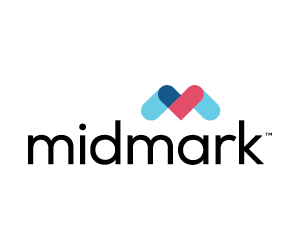Discussing regular oral healthcare
Oral health should be discussed at the first appointment and every visit thereafter. A 6 mo awake oral health exam is appropriate. The patient should be evaluated for permanent dentition, retained or persistent deciduous teeth, unerupted teeth, and crowding. A regular awake exam can identify oral health problems that can be effectively treated at an early stage with minimal discomfort to the pet. For example, extraction of persistent deciduous teeth when the permanent tooth begins to erupt can avoid more extensive intervention later on.82
Although most clients will not have experience with diabetes, heart disease, or a ruptured cruciate ligament, they are all familiar with their personal oral health. It is helpful to use the client’s existing personal hygiene habits for themselves and their children as a bridge to dental care recommendations for a pet. Client education topics and recommendations will differ based on the pet’s age and breed and the client’s prior misconceptions about pet oral healthcare.83 By discussing dental care at each appointment, the client becomes familiar with the concept of oral health. Using “road-mapping” techniques and providing the client with written instructions and recommendations will facilitate in-depth pet oral health discussions at later healthcare visits. See the Resource center for additional client education resources.







